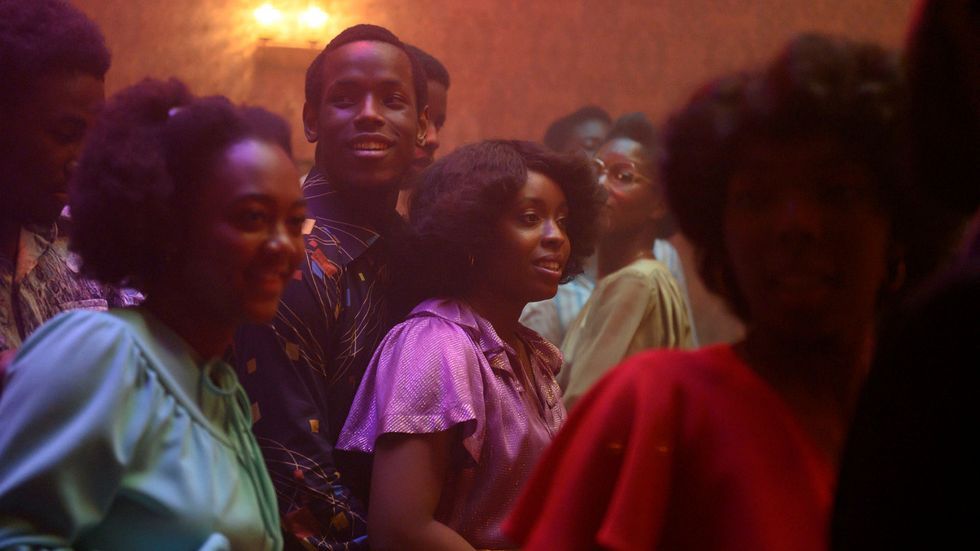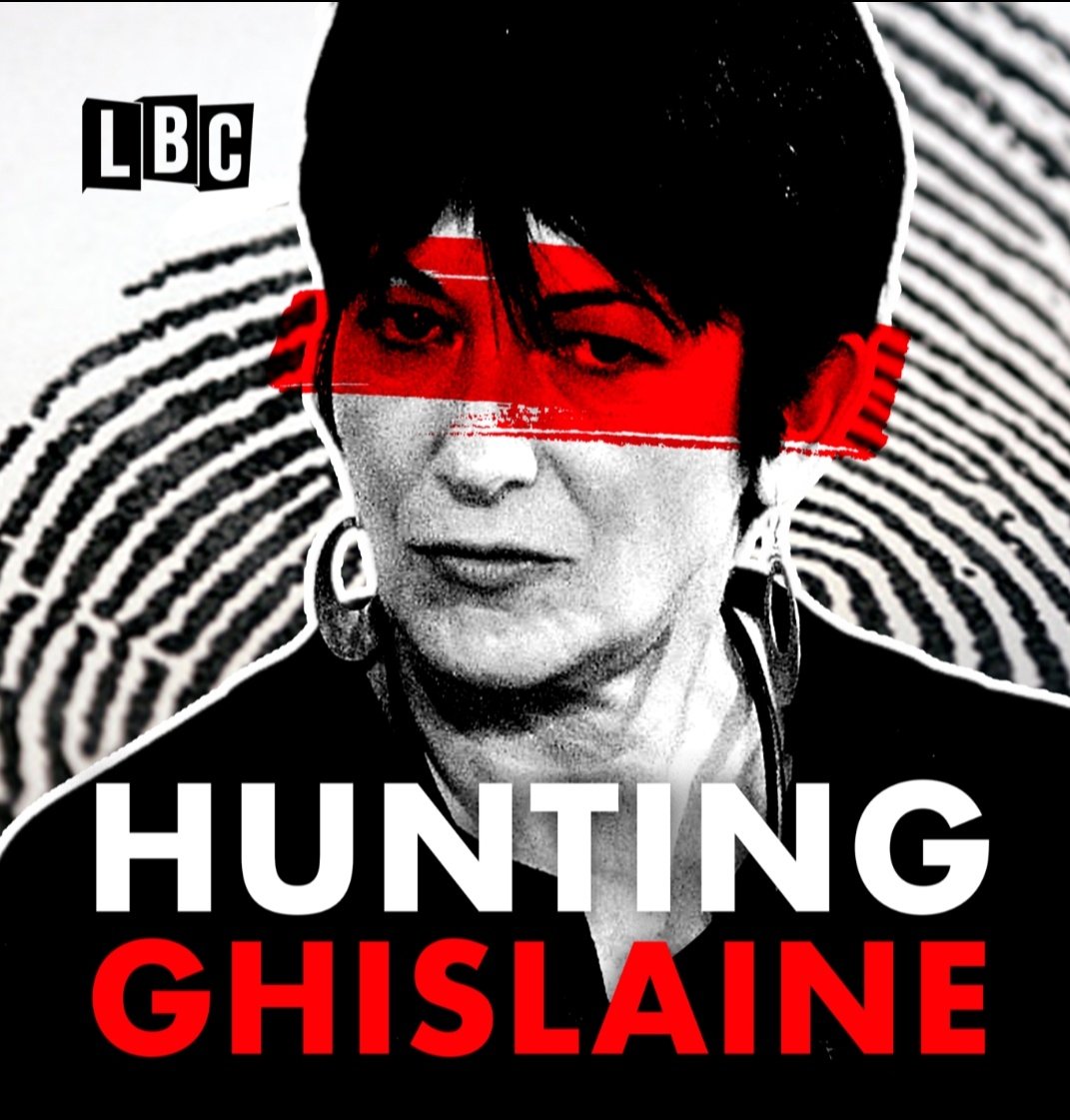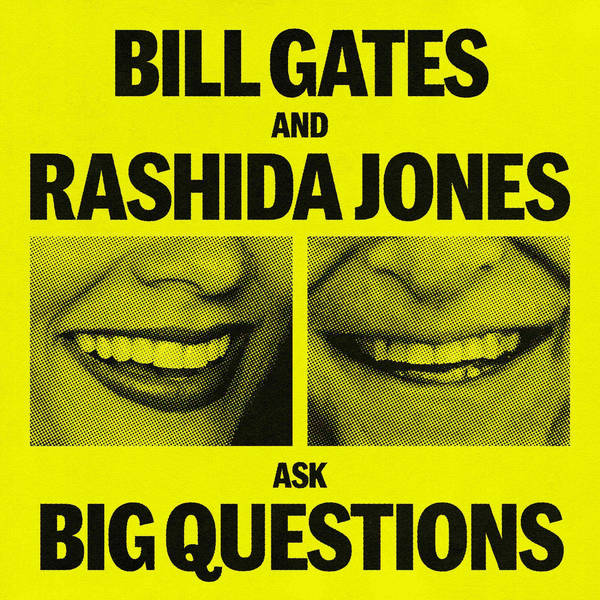/cdn.vox-cdn.com/uploads/chorus_image/image/68573408/1230086987.0.jpg)
I’m not even going to mention the obvious subject as it’s affected us all in different ways, other than to say my list of theatre and cinema highlights is extremely short and has been replaced by TV and podcasts.
One of the highlights was moving from self employed to employed status after 15 years.
Things were looking uncertain until an unlikely opportunity arose with Whitespace, a company I have been involved with, one way or another since its inception 25 or so years ago as a subsidiary of 1576. Finally I can wholly lay claim to the title of being a ‘Whitespacer’ as a Strategy Director. It’s been immense having worked on not one, but two, global cosmetics brands, a global pitch for a motor company and a series of successful pitches and client engagements including a huge Oil and Gas start up, a home builder, the new www.netzeronation.scot website, Business Gateway, the Port of Leith Housing Association rebrand, a University, an online learning business, a charity and a lovely tech start up in pharma. Stimulating, all of them.
Sadly my time with Front Page came to an end after a long and happy relationship, it still is. And I’ve worked throughout with another long term client in the wonderful Nexus 24.
The experiment with The Marketing Centre proved to be unsatisfying in the end but I gave it my best shot and they are good guys.
I’m grateful to them all for their support, friendship and income.
Two more relationships came to an end, after 10 years I stood down as Chair of FCT and simultaneously my nine years as Chair of Creative Edinburgh came to a happy conclusion. Both were my choice and I wish both of them well in the future.
But my role as Scottish Chair of NABS remained deeply satisfying and we ran a tremendous National Music Quiz and Art Auction plus the 15th Scottish music quiz, all going online for the first time, and resulting in a record year of income for NABS. A great result driven by an amazing voluntary team in Scotland. Special thanks has to go to Anna Kormos and to Marian in Manchester for their huge contributions.
My Mum’s dementia (Alzheimer’s) has worsened steadily and in August we took the inevitable decision to put her into a care home. It’s been a great decision because the staff at Northcare Suites (100 Telford Road) have been superb. It’s the lap of luxury and although she remains terribly confused, and visits have been strictly limited, she has settled in well and is in good overall health otherwise.
Amy continues to amaze us with her tenacity, creativity, drive and ambition and she started not one, but two, new businesses this year. One in Health and Nutrition (https://www.amygormanhealthnutrition.co.uk) which has seen her build a solid portfolio of clients and a part time role at The Foundry in London, the other as a freelance fundraiser where she has enjoyed great success with at least four clients this year. All the more incredible because she left CAFOD to go it alone in February just as the unmentionable struck. She is awesome.
Ria and Tom both worked at Amazon over the summer. The job from hell. But Tom, in particular, immersed himself in it so hard (60 hour night shift weeks) that he saved enough to escape the UK and move to Whistler in Canada for the next two years. It was brilliant having them and Keir with us all summer and we miss them terribly.
Of course Ria skooshed her first year in Dentistry at Dundee and is back there, living with Keir in Perth where he has an interesting job at a whisky auctioneers. She’s working like a trojan and filling us with pride. All three of them are.
This gave Jeana the opportunity to reignite her homemaking career which she revelled in (but I’ve/we’ve missed our steady procession of AirBnB guests, her second career, that we grew to love so much). Next year maybe.
She started a new career and excelled, as a baker! Brilliant lockdown sourdough and maybe even better fruit bread. Both to die for, and if we eat too much of either, or both, that’s exactly what we’ll do. Dangerous!
Of course, having finally succeeded (after five failed attempts) in the Glastonbury lottery it was cancelled, as was Primavera (who still haven’t refunded me by the way). That was a big blow and I missed the chance of escapades with the boys in Barca and Alan in Somerset. Next year? Hmmm, dunno.
No holidays at all, not even Perthshire in November. I desperately missed our annual pilgrimage to Italy in particular. Next Year? Hmmm, dunno, maybe.
The most exciting and preoccupying thing, for me, of the year was seeing the 45th President of The United States of American undone. He’s scum, and election night found me beside myself as it looked at one point as if he’d gone and done the impossible, but the good people of America proved they DO have a conscience and 80 million of them at least have a brain.
It puts the achievement and humanity of Obama onto an even greater pedestal and the man has become a beacon of brilliance for the world to see, if he wasn’t already.
Biden and Harris (the 46th and 47th Presidents) were not perhaps the most dynamic offering for the American electorate, but decency is back and soon I expect to see a woman in the White House Oval Office. She will be great once Biden passes the baton. He did what he had to do – carefully, graciously and in a dignified manner that befits the office. He’ll no doubt have to buy his own lightbulbs on movers day, but the fact that he knows his way around will not obligate the outgoing filth to show him round.
Sadly we, in the UK, are stuck with filth for now. The disgrace that has held office in Downing Street is there for all to see and no further comment is necessary.
Turning to the best bit.
My best of’s.
It wasn’t a vintage music year but I enjoyed, very much, the following:
Michael Kiwanuka rightly won the Mercury, although I backed Moses Boyd.
I also greatly enjoyed Songs for our Daughter by Laura Marling (even though she doesn’t have one) and she would also have been a deserved winner.
Taylor Swift’s two albums were excellent folksy releases.
I listened to a lot of Dub Reggae, mainly from the 70’s.
Sudan Archives’ Athena was excellent.
Big Thief and Dirty Projectors both brought smiles to my face.
Janelle Monae’s sole single release, Turntables, is awesome.
And I loved Weyes Blood’s Titanic Rising (although I think that was a 2019 release).
What I can’t understand is the adulation Fiona Apple’s Fetch The Bolt Cutters garnered. I tried, believe me.
Here’s a link to my Best of 2020 tunes on Spotify. (Too much old stuff on it for my liking.)
In cinema there was little to thrall about so Steve McQueen’s Small Axe series almost picks up the ‘best of’ gong by virtue of its feature length running times (particularly Lover’s Rock).
But the prize goes to another Adam Sandler masterpiece. The quite ridiculous Uncut Gems. Wow!
Parasite was a big disappointment to me, as was Fincher’s Mank.
True History of the Kelly Gang (pre you know what) was epic and wonderful.
I also saw and really liked Little Women before the shutdown and 1917 which is outstanding and a contender for my movie of the year.
I liked the Go Go’s documentary.
The Trial of the Chicago 7 was great Sorkin fare and gets there on merit, but hardly a classic.
The Borat sequel only makes it onto the list because of the lack of competition and the brilliant expose of Giulliani.
And so to TV. The year of TV.
It kicked off with something I thought wouldn’t be bettered, Normal People, but it just got better and better.
I Will Not Destroy You.
The Crown.
We Are Who We Are.
The aforementioned Small Axe.
Unorthodox (a little gem).
The Queen’s Gambit.
Song Exploder. (A Podcast conversion to Netflix)
Homecoming (another podcast convert – especially Season 2 with Janelle Monae)
The Plot Against America.
Educating Greater Manchester.
Des.
Dracula (on BBC).
Quiz (it was a good year for ITV drama).
Dirty John.
The Third Day on C4.
Industry (a late contender for series of the year. Please bring it back. Filthy and brilliantly performed).
And another was the excellent Criminal. A franchise that extended across Europe using the same police interview room (with different casts for different countries) to create unusual very cleverly plotted procedurals that were anything but procedures.
But, at the end of it all I’m going to give it to The Comey Rule for the remarkable performance of Jeff Daniels.
In podcasts, my new found love, there was so much it was ridiculous:
Shout outs for Adam Buxton and Louis Theroux.
Steve Richard and Matt Forde made politics lovable.
5:38, Hacks on Tap, Left Right and Centre and Pod Save America enthralled me through the American election.
In drama podcasts, Tunnel 42 was magic, as were both seasons of The Horror of Dolores Roach.
Slow Burn is brilliant but Season Four (David Duke) wasn’t its best. For that you need to listen to the Clinton and Watergate series’.
Hunting Ghislaine was also brilliantly horrifying and it was great to hear yesterday that the bitch is not being bailed.
In music Soul Music (BBC Radio 4) and Song Exploder were both joys to behold. As was The Clash Story.
But my Podcast of the Year is a toss up between 13 Minutes to the Moon (Season Two about Apollo 13), Transmissions (the story of Joe Division and New Order) and Wind of Change, the conspiracy story about the CIA writing The Scorpions’ classic song of the same name.
And then there’s Desert Island Discs of course.
Turkey of the year was Phoebe Reads a Mystery. Appalling schmuck.
I had a terrific reading year too, finally joining a Book Club:
Feck Perfunction by James Victoire is a great business read.
The Salt Path by Raynor Winn
One Two Three Four about the Beatles by Craig Brown is superb. And Kraftwerk: Future Music from Germany was another great musical read. A musical trilogy was made up with The Eavis’ Glastonbury 50. An event I never made. Naeb’dy did.
Pine by Francis Toon is a good Scottish book. Not as good as Shuggie Bain by Douglas Stuart (but I still don’t think it should have won the Booker – far better were last year’s TWO winners Girl Woman Other by Bernardine Evagelisto and The Testaments by the incomparable Margaret Atwood – not her best but still fantastic).
I really enjoyed Ian McEwan’s rewriting of history in Machines Like Us, a real return to form.
I read two McEwan’s this year. Solar was the other, but it was shit.
The Testament of Gideon Mack is a great wee Scottish story by James Robertson and I’m also enjoying his 365 Stories as my bog book this year.
Conversations with Friends by Sally Rooney wasn’t as good as Normal People (the TV series).
Worth Dying For – The Power and politics of flags was good fun.
I finally read Small Island and loved it. As I did in reading Everything is Illuminated by Jonathan Safran Foer. Hilarious.
Tender is the Flesh: by Agustina Bazterrica is a tremendous, undiscovered, Brazilian novel about post apocalyptic times where humans are grown as food.
But my two books of the year were epic masterpieces, each of them. Rodham by Curtis Sittenfeld and The Nickel Boys by Colson Whitehead. Both dealt with American discrimination, the former of women, the latter of Black lives. Both are beyond excellent.
My walk of the year was Glen Etive, with Ria, all 26 miles of it.
Oh, one last thing. I lost weight.











